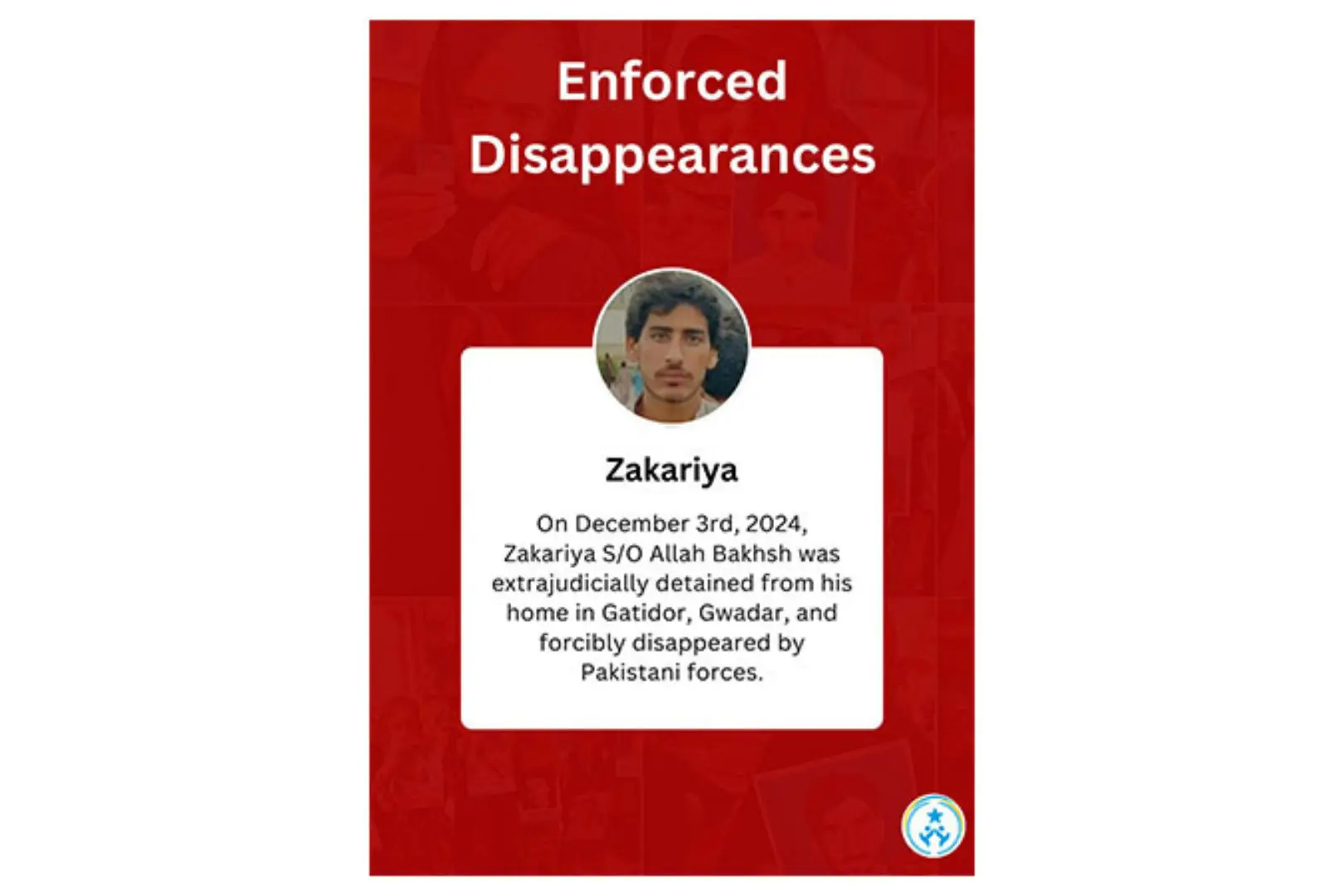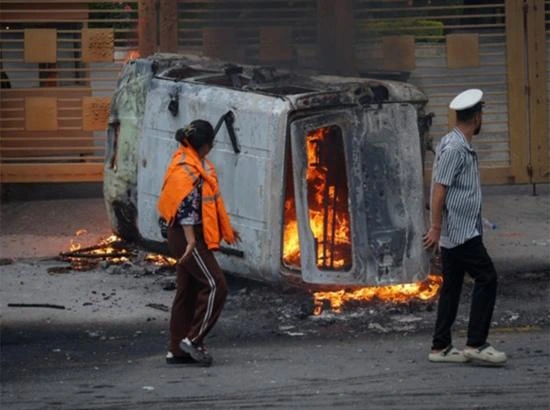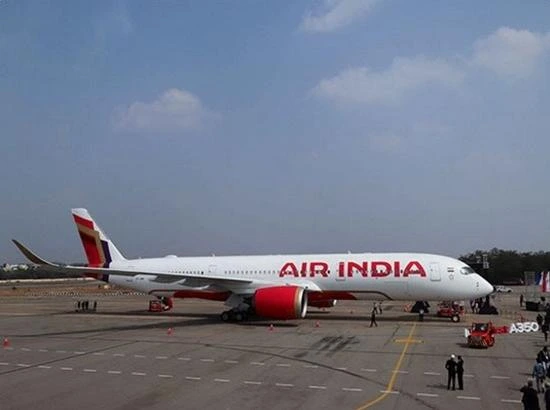06-Dec-2024, 04:15 PM
Pakistan: Human rights organization denounces youths’ unlawful imprisonment in Gwadar
In Gwadar, Pakistan, a human rights organization has condemned the unlawful imprisonment of several youths amid escalating tensions in the region. The situation has intensified following protests led by the Baloch Yakjehti Committee (BYC), which highlighted issues such as enforced disappearances and extrajudicial killings affecting the Baloch community. The protests were sparked by the detention of key activists and violent confrontations with security forces.
On December 4, 2024, clashes erupted as authorities attempted to block highways to prevent protesters from reaching Gwadar for a planned gathering. This led to skirmishes between law enforcement and demonstrators, resulting in injuries and at least one reported death. The BYC claims that security personnel opened fire on a convoy of protesters, including women and children, traveling from Quetta to Gwadar. In response to these events, mobile and internet services were suspended in the area for several days, further isolating the community and limiting their ability to organize and communicate.
Amnesty International has been vocal in its criticism of the Pakistani government’s actions, describing them as attempts to “demonize and criminalize peaceful demonstrators.” The organization has called for an end to what it terms “repeated punitive crackdowns” on Baloch protests, emphasizing that such measures only serve to exacerbate tensions and violate fundamental human rights. They demand the immediate release of all individuals detained for exercising their right to peaceful assembly.
The Human Rights Commission of Pakistan (HRCP) also condemned the use of excessive force against Baloch protesters and criticized the suspension of communication services. They have called for a high-level parliamentary delegation to engage with Baloch representatives to address their grievances effectively.
The unrest in Gwadar is part of a broader pattern of conflict in Balochistan, where ethnic Baloch groups have long accused the state of oppression and neglect. The region is strategically significant due to its deep-sea port, which is central to the China-Pakistan Economic Corridor (CPEC). However, this economic importance has not translated into improved living conditions for local communities, leading to increased frustration and demands for greater autonomy and rights.
As protests continue across Balochistan, including in major cities like Quetta and Mastung, activists are determined to maintain pressure on authorities until their demands are met. The situation remains volatile as both sides brace for further confrontations, with many calling for international attention to the ongoing human rights violations in the region.





